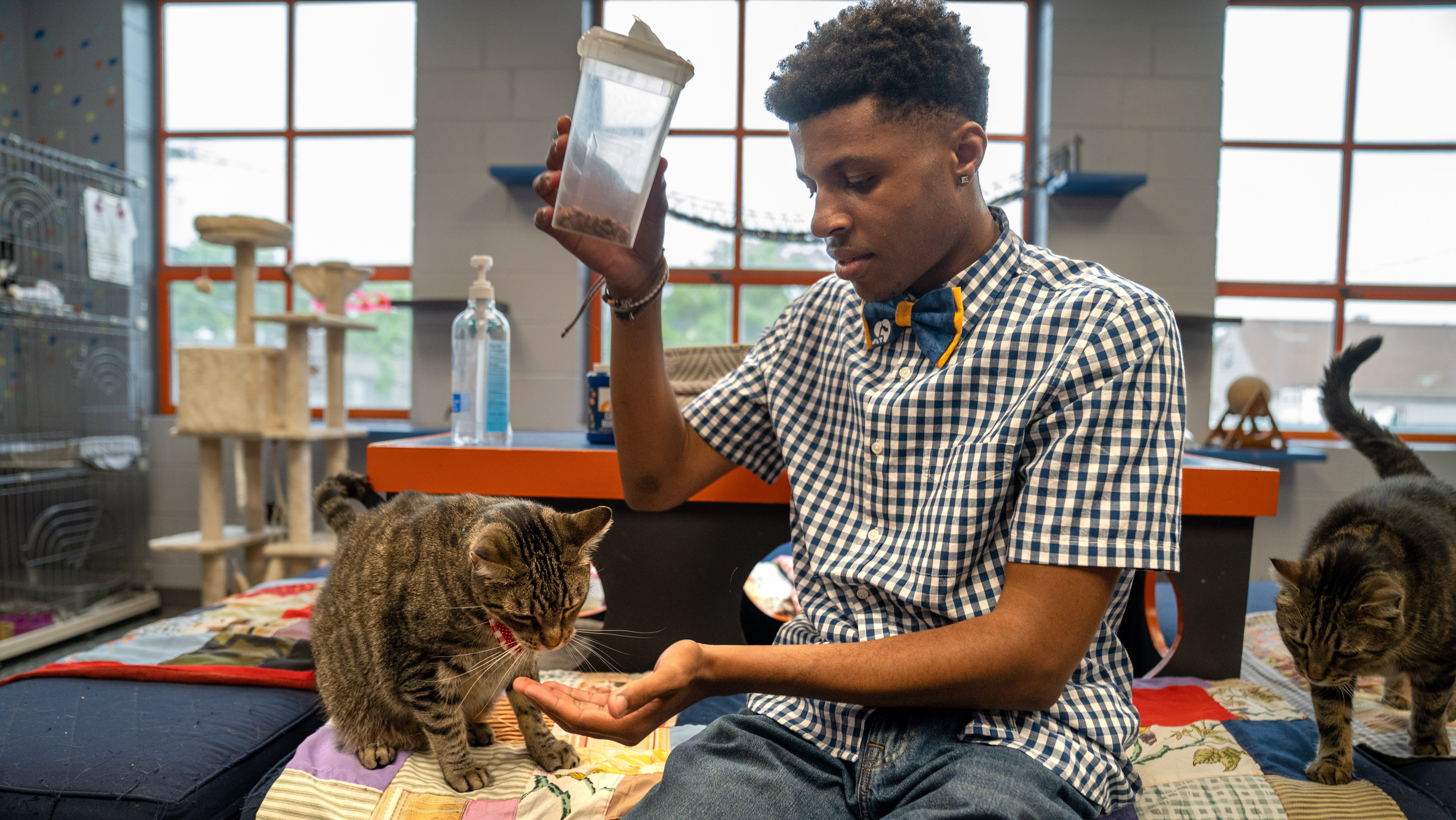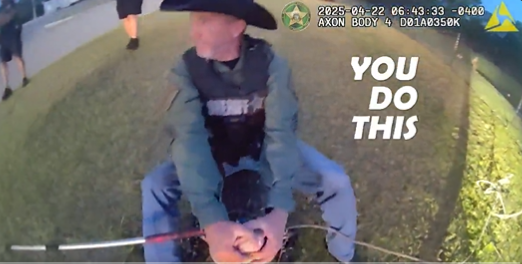Seal Rescue: Meet the New England Team Saving Seals!
Guardians of the Coast: Meet the New England Team Rescuing Seals
Introduction: A Growing Crisis on New England Shores
The salty air, the crashing waves, the majestic sight of seals basking in the sun – these are the images that paint a picture of New England's coastal beauty. But beneath this idyllic scene, a silent crisis is unfolding, and one dedicated team is working tirelessly to address it. The Mystic Aquarium Animal Rescue Team is on the front lines, facing a surge in entangled seals that threatens the delicate balance of our marine ecosystem. Looking through binoculars, program manager Sarah Callan scanned the shoreline for a growing problem on Block Island – entangled seals.
The Silent Threat: Entanglement and Its Devastating Impact
Imagine a growing child, struggling to breathe as their clothes become too tight. That's a chilling analogy for what entangled seals experience. When fishing gear, garbage, or even a stray balloon gets wrapped around a gray seal's neck, it's not just an inconvenience; it's a death sentence waiting to happen. As the marine mammal grows – and these seals can exceed 800 pounds – the entanglement tightens, leading to significant injury, infection, or even death. Think of it as a slow-motion chokehold, a constant reminder of human carelessness.
The Alarming Spike: More Entangled Seals Than Ever Before
Twenty entangled gray seals have been reported to the Connecticut-based nonprofit organization so far this year. That is more than what it typically documents in a full year. Callan called the spike “alarming.” But why is this happening? Is it increased fishing activity? Changes in seal migration patterns? A rise in marine debris? Whatever the cause, the urgency of the situation demands immediate action.
A Rare Glimpse: NBC News Joins the Rescue Effort
NBC News was given rare access to follow Mystic, working in partnership with the Atlantic Marine Conservation Society. Imagine witnessing firsthand the dedication, the skill, and the emotional toll of rescuing these magnificent creatures. It's a story of hope amidst adversity, a testament to the power of human compassion.
The Atlantic Marine Conservation Society: A Crucial Partnership
The Mystic Aquarium isn't alone in this fight. They are working in tandem with the Atlantic Marine Conservation Society (AMCS), leveraging their combined expertise and resources to maximize their impact. This collaboration highlights the importance of teamwork in addressing complex environmental challenges. The combined expertise of Mystic Aquarium and AMCS is crucial to the success of rescue and rehabilitation efforts.
Gray Seals: Majestic Creatures in Peril
Understanding Gray Seal Biology
Gray seals, with their soulful eyes and playful demeanor, are an integral part of the New England coastline. Understanding their biology – their feeding habits, breeding patterns, and social structures – is crucial for effective conservation efforts. They are truly magnificent animals that are worth protecting.
Gray Seal Population Trends
While gray seal populations have rebounded in recent decades, the rise in entanglements threatens to undo this progress. Monitoring population trends and identifying key threats is essential for informed decision-making and targeted interventions.
The Rescue Process: A Delicate Operation
Locating and Assessing Entangled Seals
Finding an entangled seal is just the first step. The rescue team must carefully assess the situation, considering the seal's size, the severity of the entanglement, and the environmental conditions. It's a delicate balancing act, requiring expertise and precision.
Safe Capture and Restraint Techniques
Capturing a wild seal, especially one in distress, is no easy task. The rescue team utilizes specialized techniques to safely restrain the animal, minimizing stress and preventing further injury. The safety of both the seal and the rescue team is paramount.
Entanglement Removal: A Precise Procedure
Removing the entanglement requires steady hands, specialized tools, and a deep understanding of seal anatomy. The team works quickly and efficiently to cut away the offending material, minimizing the seal's discomfort.
The Rehabilitation Journey: Healing and Recovery
Initial Assessment and Treatment
Once rescued, the seal undergoes a thorough medical examination to assess the extent of its injuries. Wounds are cleaned, infections are treated, and the animal is provided with supportive care.
Nutrition and Regaining Strength
Many entangled seals are malnourished and weak. The rehabilitation team provides a specialized diet to help them regain their strength and build up their reserves.
Monitoring and Gradual Release
The seal's progress is closely monitored throughout the rehabilitation process. Once it's deemed healthy and strong enough to survive on its own, it's released back into the wild. This is the ultimate goal – to return these magnificent creatures to their natural habitat.
Preventing Entanglements: A Collective Responsibility
Responsible Fishing Practices
Using proper fishing gear, avoiding gear loss, and properly disposing of discarded lines are crucial steps in preventing entanglements. Every angler has a role to play in protecting seals and other marine wildlife.
Reducing Marine Debris
Plastic bags, balloons, and other debris can pose a significant threat to marine animals. Reducing our reliance on single-use plastics and properly disposing of waste are essential for a cleaner, healthier ocean.
Educating the Public: Raising Awareness
Education is key to preventing entanglements. By raising awareness about the dangers of marine debris and promoting responsible practices, we can empower individuals to make a difference. Knowledge is power, and awareness can save lives.
Supporting the Mystic Aquarium Animal Rescue Team
Donations and Volunteer Opportunities
The Mystic Aquarium Animal Rescue Team relies on the generosity of donors and volunteers to continue their life-saving work. Whether it's a financial contribution or a helping hand, every bit makes a difference.
Spreading the Word: Amplifying Their Message
Sharing their story and raising awareness about their mission can help them reach a wider audience and garner more support. Let's amplify their message and help them protect our seals.
Conclusion: A Call to Action for Coastal Conservation
The story of the Mystic Aquarium Animal Rescue Team is a story of dedication, compassion, and unwavering commitment to protecting our marine wildlife. The alarming spike in entangled seals serves as a stark reminder of the challenges facing our oceans and the urgent need for action. By supporting their efforts, adopting responsible practices, and raising awareness, we can all play a role in ensuring a brighter future for these majestic creatures and the health of our coastal ecosystems. Let's work together to become guardians of the coast, protecting the seals and preserving the beauty of New England's marine environment for generations to come.
Frequently Asked Questions
- What should I do if I see an entangled seal?
Do not approach the animal. Immediately report the sighting to your local marine mammal stranding network or the Mystic Aquarium Animal Rescue Team. Provide as much detail as possible, including the location, the seal's condition, and the type of entanglement. - What are the most common types of entanglements?
Fishing gear, including nets, lines, and hooks, is the most common source of entanglements. Balloons, plastic bags, and other marine debris also pose a significant threat. - How can I prevent seal entanglements?
Practice responsible fishing by using proper gear, avoiding gear loss, and properly disposing of discarded lines. Reduce your use of single-use plastics and properly dispose of waste. Support organizations working to clean up our oceans. - Are gray seals endangered?
While gray seal populations have rebounded in recent decades, they still face numerous threats, including entanglement, habitat loss, and climate change. Continued conservation efforts are essential to ensure their long-term survival. - How can I support the Mystic Aquarium Animal Rescue Team?
You can support their work by making a donation, volunteering your time, or spreading the word about their mission. Visit their website or contact them directly to learn more about how you can get involved.







